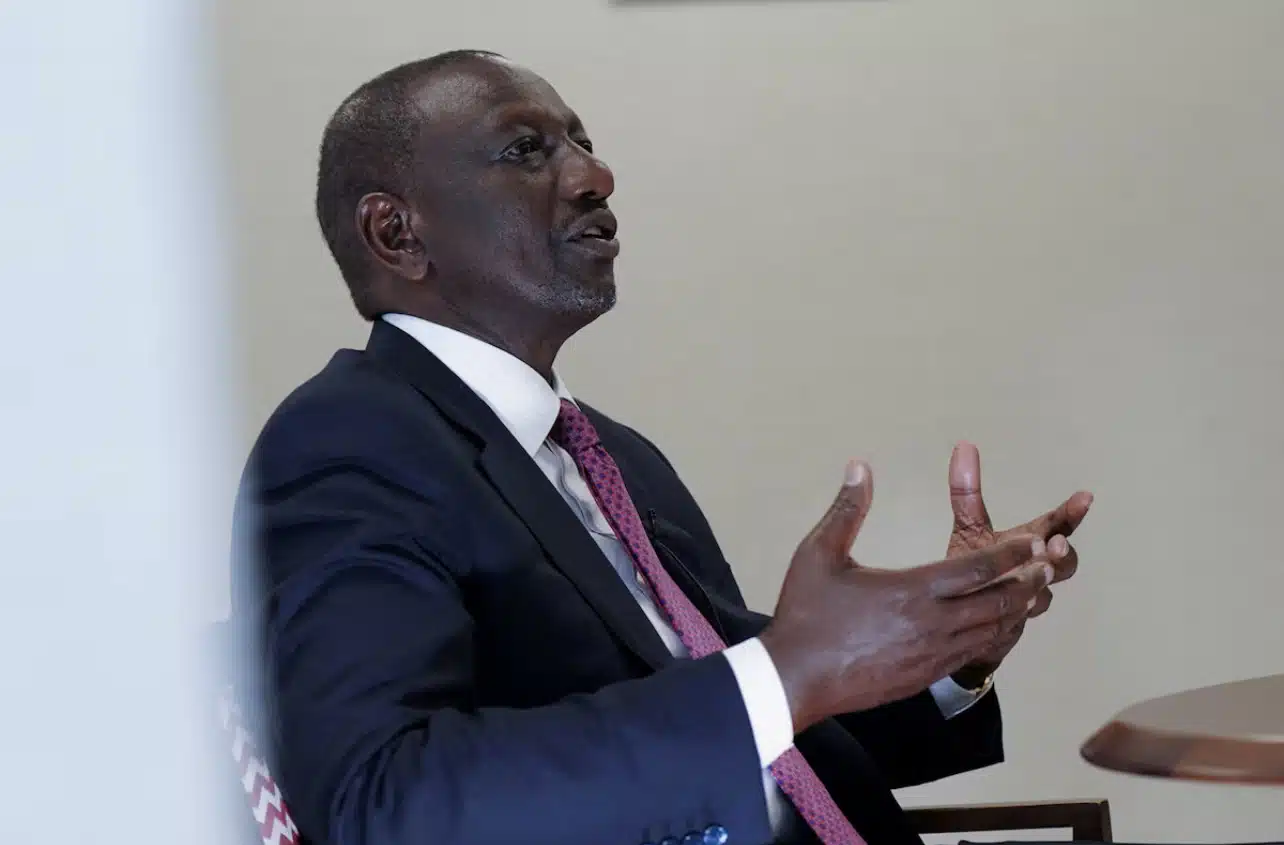Kenya is tightening its grip on digital taxation, with new rules requiring global technology companies such as Amazon, Netflix, and Alibaba to hold local bank accounts to access refunds on overpaid taxes.
The draft Income Tax Regulations 2025, published by the Kenya Revenue Authority on Tuesday, stipulate that refunds related to the Significant Economic Presence (SEP) tax will only be made into accounts held with banks licensed in Kenya or subsidiaries of foreign lenders.
Section 11 of the Act reads: “Where an amendment in paragraph (1) results in an overpayment and the non-resident person is ceasing business in Kenya, a refund will only be available if the non-resident person has a bank account with an institution registered and licensed under the banking Act in Kenya.”
John Mbadi, Treasury Cabinet Secretary, said the measure was designed to ensure tax proceeds remain within the country’s financial system while enhancing oversight of multinational digital firms.
The SEP tax, introduced in December 2024 at 3% of gross turnover, replaced the previous 1.5% Digital Services Tax. It applies to non-resident digital service providers without a permanent establishment in Kenya, while companies with physical offices fall under a separate regime. It remains unclear when the new regulation will take effect.
No more offshore payments
For companies such as Amazon and Netflix, the rules mean refunds on excess payments cannot be routed offshore and will instead first flow through Nairobi’s banking system.
Analysts say this may nudge global platforms toward forming formal relationships with local banks, even if they do not establish offices.
The move also signals Kenya’s determination to extract more value from its fast-growing digital economy, where streaming, cloud computing and e-commerce are expanding rapidly.
Gains vs risks
For Nairobi, the potential gains are significant. By tying refunds to domestic accounts, the government secures greater visibility over flows and reduces the risk of capital flight.
Yet the tougher rules could also complicate operations for non-resident firms, adding to compliance costs in a market that, while promising, remains relatively small in global terms.
The regulation also arrives as tensions with Washington intensify. The American Chamber of Commerce in Kenya has since labelled the SEP levy discriminatory, while the US imposed a 10% tariff on Kenyan exports earlier this year in retaliation over digital tax measures and data governance rules.
The dispute threatens to weigh on bilateral trade relations, even as Kenya seeks to grow revenue from taxing foreign tech companies.
Analysts say the outcome of the new rule will test whether Kenya can strengthen its tax base without discouraging investment from some of the world’s largest digital players.











